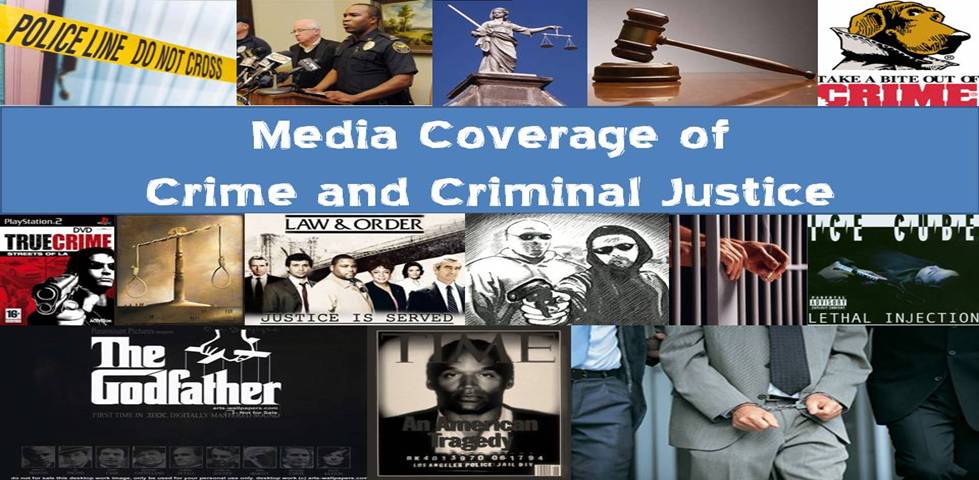In the book, I show that prisons (and prisoners) are the least likely component of the criminal justice system to be depicted in the news.
This has changed to some degree with shows that depict life in prison--both infotainment shows and fictional crime dramas & movies.
Yet, it remains true that rarely do mainstream media outlets examine the (in)efficacy of prisons and punishment more generally.
Criminologists have long asserted that taxpayers expect at least two things from prison and other severe punishments:
1) Punishment--offenders get their "just desserts" (i.e., what they deserve for the crimes they commit)
2) Crime prevention--offenders are incapacitated and thus unable to commit crime in the free world, and presumably would-be offenders are deterred by the thought of going to prison.
Leaving aside the debate over whether prisons actually accomplish these assumed goals, there is another body of thought that asserts that prisons (and criminal justice more generally) are really aimed at something else entirely: population control and serving financial interests.
Check out Jeffrey Reiman and Paul Leighton's book, The Rich Get Rich and the Poor Get Prison, as an example of this school of thought.
Some scholars assert the prison system is really about a racial caste system. Others suggest it is system set up to maintain control over the dangerous classes--poor people, for example.
Yet, rarely do we see coverage of such arguments in the press.
Chris Hedges has a new piece titled, "The Business of Mass Incarceration." In the article, Hedges writes:
"Poor people, especially those of color, are worth nothing to corporations and private contractors if they are on the street. In jails and prisons, however, they each can generate corporate revenues of $30,000 to $40,000 a year. This use of the bodies of the poor to make money for corporations fuels the system of neoslavery that defines our prison system."
Sound harsh? Well, read the rest and see what you think:
http://www.truthdig.com/report/item/the_business_of_mass_incarceration_20130728
In the article, Hedges outlines why the prison system fails, shows who benefits from it, and then places the blame squarely at the feet of President Bill Clinton. That is interesting to me because mass incarceration started before Clinton's two terms, as did the move to utilize criminal justice to try to punish our way out of crime problems that were largely invented in the first place (serious street crime has been going down since the early 1970s and violent crime has been declining since the early 1990s).
I'm now finish a book that places the blame on conservative politicians of both parties (and Bill Clinton is included among this group). Yet, it started in the 1960s with people like Barry Goldwater and Richard Nixon and really took hold in the 1980s with Ronald Reagan. Hopefully people will check out my new book--tentatively titled, Criminal Injustice--and let me know what they think of my argument.


No comments:
Post a Comment